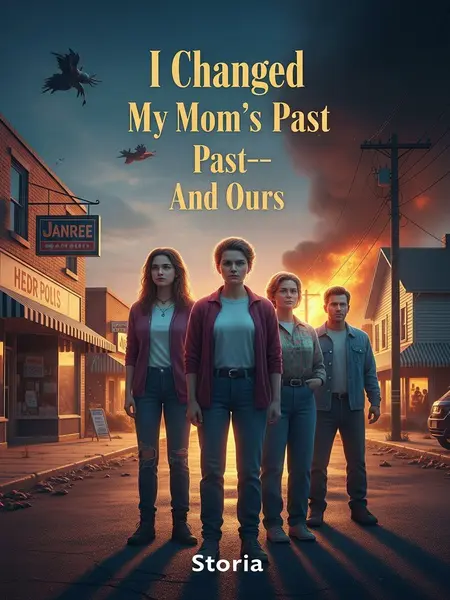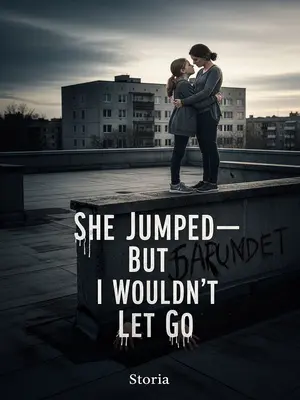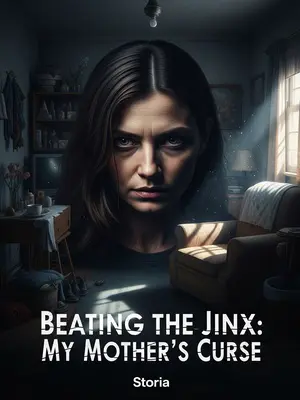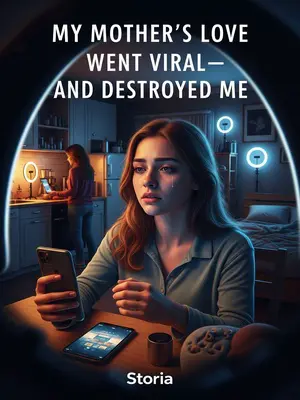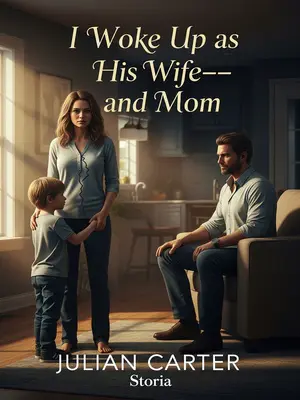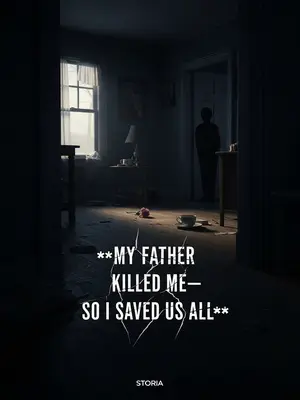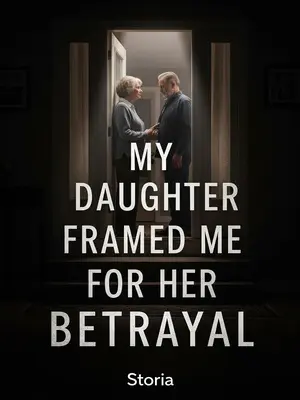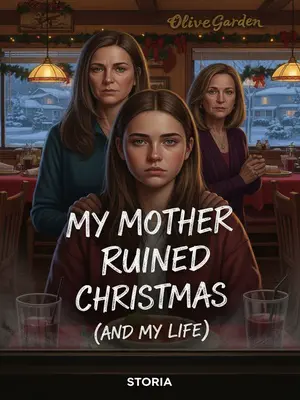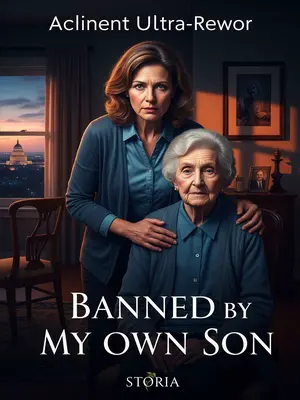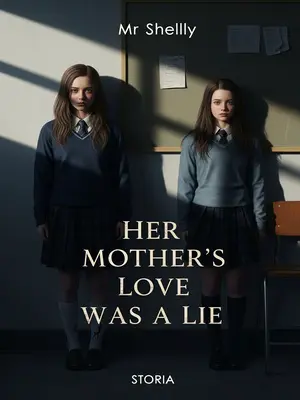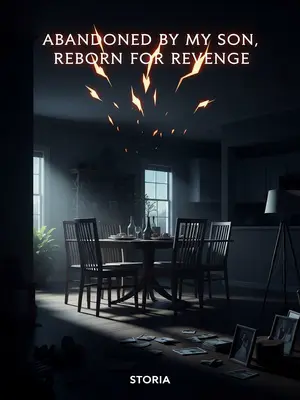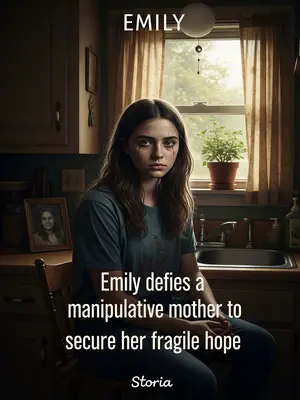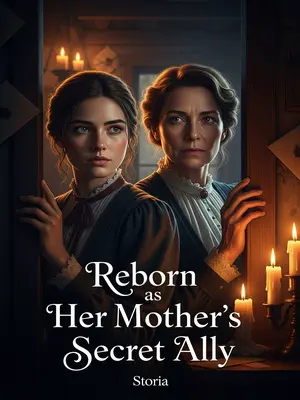Chapter 3: Enemies, Loss, and Hard Lessons
"Didn’t expect Goodwin’s widow to have such a temper."
"Carter’s woman has a sharp tongue too."
"I don’t get it, why does Mariah still want to go to school? Carter’s family is willing to marry her, that’s their blessing."
"She doesn’t know what’s good for her. When life really gets hard, she’ll have to beg the Carters."
...
Halfway home, someone blocked my path. I looked up and saw it was Dr. Perry from the Maple Heights clinic.
His white coat was smudged, his hair thinning but his eyes kind behind wire-rimmed glasses. The kind of small-town doctor who knew everyone’s secrets and kept them all the same.
"Marlene, why get so angry? We all live in the same town. We’ll have to get along."
His voice was gentle, but all business. He looked at me like he was checking for fever, as if anger might be a symptom he could treat.
Knowing he meant well, I told him honestly:
I let my guard down, just a little. If anyone would understand, it was him.
"It’s exactly because we’re from the same town that everyone knows our situation. My health is bad, my husband’s gone, so they’re all after my daughter."
"After today, anyone else with that idea should be scared off."
I let the bitterness slip into my words, hoping he’d see how tired I was of fighting alone.
Dr. Perry could only sigh:
He looked like he wanted to fix everything with a prescription, but knew some wounds ran deeper than medicine.
"If you ever run into trouble, come to me. Old Tom looked after me when he was alive."
Hearing that, I immediately asked:
I leaned in, lowering my voice. This was my chance.
"Do you know anyone in town who can farm? I want to rent out our land. You know I’m not up to heavy work."
Dr. Perry hesitated:
He rubbed his chin, thinking. "That’s not a bad idea. I’ll ask around for you. If someone can’t pay cash, just give me some corn after the harvest—enough for the three of you to live on."
Dr. Perry was a kind man and respected in town. I trusted him to find someone reliable.
He gave me a reassuring smile. For a second, I almost believed things might work out.
After saying goodbye, I stood in the yard and looked carefully. There was a west-side room connected to the house, facing the street.
The afternoon sun slanted across the peeling paint, lighting up possibilities I’d never noticed before. I took a deep breath, letting hope creep in around the edges of my worry.
I started making plans.
My mind raced, mapping out every dollar, every hour, every risk. If I moved quickly, maybe we could get ahead for once.
The Carter family had made the first move. If I wanted to beat them and grab the market, my first priority was to have better goods and lower prices.
Competition was fierce in a small town—reputation mattered, but around here, price was king. I knew I’d have to hustle, to outsmart them at their own game.
The biggest problem now was raising money.
I felt the weight of every empty pocket, every bill tucked under the sugar jar. But I refused to let that stop me.
I had to go to the county.
The county was a forty-minute bike ride away—longer if the wind was against you. But it was where business got done, where opportunities waited for those desperate enough to chase them.
After lunch, I told Mom not to go pick wild apples today. Working all day for nothing—better to stay home and study.
She looked at me, surprised, but I insisted. Her future was worth more than a few dollars.
More importantly, I told her to keep an eye on Uncle and not let him run around.
Tyler, always restless, needed boundaries. I knew what could happen if he slipped through the cracks.
I borrowed a bike from Dr. Perry and rode to the county.
The seat was hard. The chain squeaked. I kept pedaling, running on adrenaline and stubborn hope.
When I arrived, I went to the wholesale market, then the pawnshop.
The market buzzed with noise—farmers haggling over sacks of flour, vendors shouting deals. The pawnshop was dim and cool, the air thick with secrets and desperation.
I pawned all of Grandma’s jewelry—the most valuable being a gold bracelet said to be passed down for generations.
My hands shook as I handed it over, the weight of family history pressing on my chest. But I steeled myself. We needed the money more than memories right now.
I told the pawnshop owner to keep it for me as long as possible. I’d redeem it within six months, at the latest.
He eyed me skeptically, but nodded. I clutched the pawn ticket like a lifeline.
The sun was about to set. Riding home would take two hours.
The sky blazed orange. The road stretched ahead, hot and endless. Sweat dripped down my back. My legs burned. I told myself, Just keep pedaling. Just get home.
The whole way back, I thought about how to arrange the house, completely unaware of the danger following me.
My thoughts spun with grocery shelves, price lists, and dreams of a better life. I didn’t notice the shadow trailing me, silent as regret.
By the time I reached the edge of Maple Heights, it was already dark. The moon was up, and there was hardly anyone on the road.
The town was quiet, the only sound the hum of cicadas and the distant bark of a dog. My tires crunched on gravel, each turn of the wheel bringing me closer to home—and to trouble.
Suddenly, I heard a bike behind me. Just as I was about to look back to see if it was someone from town,
